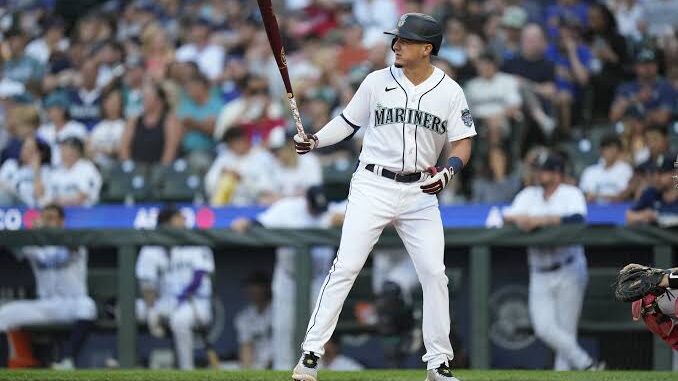
This story was excerpted from Daniel Kramer’s Mariners Beat newsletter.
SEATTLE — How might the narrative of Felix Hernandez career be different had he pitched in the postseason, won at least one additional Cy Young Award (if not more), finished his career on a higher note or pitched beyond his age-33 season?
All of these “what-ifs” make Hernández among the most fascinating Hall of Fame cases among this year’s candidates for Cooperstown, and potentially for the next decade if he remains on the ballot.
Hernández is making his debut on the Baseball Writers’ Association of America ballot for the Hall, which was unveiled last month, He was joined among newcomers by former teammate Ichiro Suzuki, who is expected to be elected next month — and could become the first position player in history to do so unanimously.
Hernández, however, doesn’t have nearly the shoe-in case of Suzuki — but his credentialsare certainly worth a deeper dive for consideration.
As a refresher, eligible players must play at least 10 years and be five years removed from their final season. Each year, a committee from the BBWAA selects a group within this criteria to be added to the ballot, alongside holdovers from the previous year who earned the necessary 5% support to stay on but not the 75% required for election.
BBWAA members are eligible to vote after covering baseball for 10 consecutive seasons. Per the Hall of Fame, potential Hall of Fame voters must be actively covering the game, with a 10-year grace period for those no longer active. A BBWAA voter can cast a maximum of 10 players on their ballot each year.
There were exactly 400 ballots sent out for 2025, meaning that Hernández must appear on at least 20 to remain, otherwise his path to the Hall would become murkier. If he drops off the ballot, the clearest path to election is via the Contemporary Era Players Committee, which meets every three years to discuss the candidacy for those who played after 1980 and are no longer eligible on the BBWAA ballot.
And even that would be far from a guarantee, as “players who receive less than 5% from the writers rarely wind up on committee ballots,” writes FanGraphs’ Jay Jaffe, widely considered a leading HOF expert and the creator of JAWS(Jaffe wins above replacement score), an evaluation system for a player’s worthiness by comparing him to other HOFers at his position.
Leave a Reply